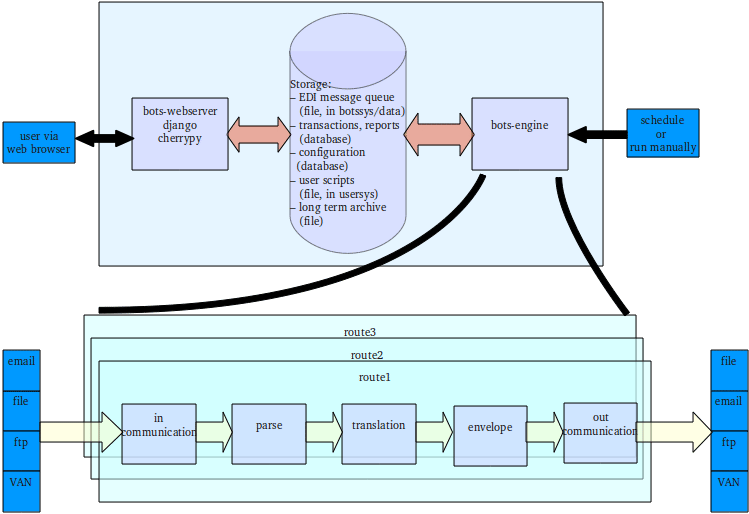


This is a language-agnostic part of Apertium. 4.ĭeformatter: Encapsulates any document formatting tags so that they go through the rest of the translation pipeline untouched. The new ones are discussed in further detail in Sect. Section 7 concludes.Ī short overview of each of the stages of the pipeline is provided below. Section 6 introduces several supplementary Apertium tools. Section 5 discusses Apertium’s contribution to language revitalisation and reclamation efforts. Section 4 introduces the new modules in the pipeline: a module that allows rules to process recursive structures at the structural transfer stage, a module that deals with contiguous and discontiguous multiword expressions, and one that resolves anaphors to aid translation. Section 3 discusses modules used by Apertium to augment RBMT using corpus-based methods. Section 2 overviews the design of the Apertium RBMT platform. 2011), morphological disambiguation has been improved in many languages by using Visual Interactive Syntax Learning Constraint Grammar (VISL CG-3) (Bick and Didriksen 2015), and several new features have been incorporated into the lexical selection module. Additionally, morphological transducers for a number of languages make use of Helsinki Finite-State Technology (HFST) (Lindén et al.
#Advance quick translate iso#
Organisational changes include a migration of the codebase from subversion (hosted by SourceForge) to git (hosted by GitHub), a switch from two-letter ISO codes (ISO 639-1) to three-letter ISO codes (ISO 639-3), and a three-directory model for translation pairs (one for components specific to each language, and one for the common components). These include organisational improvements, additional tools, additional methods to augment RBMT with corpus-based methods, new modules for more precise translation, a few additional tools not directly involved in the RBMT pipeline, and resources for many more languages and translation pairs. Several advances to the Apertium platform (Release version 3.6) have been implemented since the previous publication (Forcada et al. Apart from developing RBMT systems for low-resource languages, the Apertium open source organisation also develops and supports tools for the creation of RBMT systems. This is a superior model for creating translation systems for low-resource languages both because it involves stakeholders from the language communities, and because most languages lack widely available corpora that would be needed for fully data-driven approaches. The platform provides an accessible way to create language data and rules, such that apart from experienced language developers, speakers of a language with a limited understanding of programming and/or linguistics can create decent translation systems for their languages as well. It was designed to use the shallow transfer based approach to translation, and most modules in the pipeline work on rules written by language developers and linguists. 2011) is a free/open-source platform for rule-based machine translation (RBMT). All Apertium-related code, including language data, is free/open-source and available at. Finally, the paper presents some of the released and unreleased language pairs, concluding with a brief look at some supplementary Apertium tools that prove valuable to users as well as language developers. The paper also discusses how a platform like Apertium can be a critical part of access to language technology for so-called low-resource languages, which might be ignored or deemed unapproachable by popular corpus-based translation technologies. This includes morphological disambiguation, weighted structural transfer, and lexical selection modules that learn from limited data. Also highlighted is the hybridisation of Apertium through statistical modules that augment the pipeline, and statistical methods that augment existing modules. Several advances have been implemented since the last publication, including some new optional modules: a module that allows rules to process recursive structures at the structural transfer stage, a module that deals with contiguous and discontiguous multi-word expressions, and a module that resolves anaphora to aid translation. Translation in Apertium happens through a pipeline of modular tools, and the platform continues to be improved as more language pairs are added.
#Advance quick translate free#
This paper presents an overview of Apertium, a free and open-source rule-based machine translation platform.


 0 kommentar(er)
0 kommentar(er)
